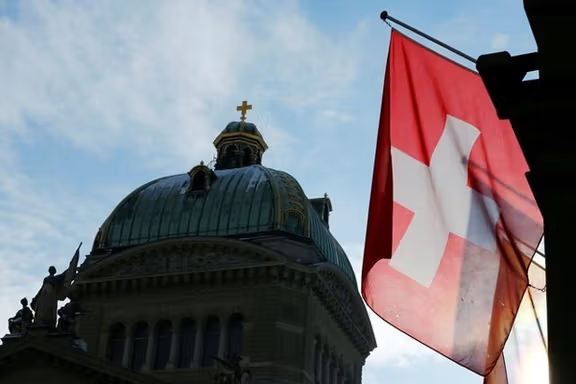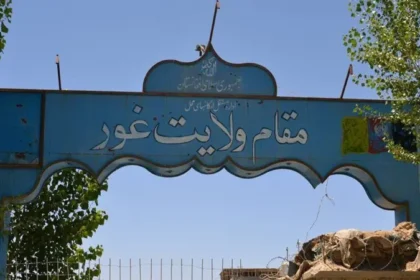RASC News Agency: In a move raising both hope and concern, Switzerland has reopened its humanitarian office in Kabul following the visit of four Taliban representatives to Geneva at the invitation of the Swiss government. Officially, the office falls under the Swiss Federal Department of Foreign Affairs’ humanitarian and development cooperation division, tasked with delivering immediate assistance to the Afghanistani population. Yet, analysts and international observers caution that the reopening may extend beyond humanitarian aid, signaling the beginning of cautious political and diplomatic engagement with the Taliban, a regime known for systematic suppression of civil liberties and women’s rights. The Kabul office is headed by Swiss diplomat Eric Markley, supported by a team of five Swiss officials and ten Afghanistani staffers. Swiss media report that three Afghanistani employees are women, a group whose participation is contingent on the Taliban’s unpredictable restrictions. Markley emphasized that direct presence in Afghanistan is “the most effective way to reach the population,” while asserting that the office maintains a “clear distinction between humanitarian assistance and political activity.” Nonetheless, experts warn that in practice, any engagement with the Taliban risks providing the group with international visibility and indirect legitimization.
Switzerland had previously shuttered its offices in 2021 following the Taliban’s violent seizure of power, continuing consular services from its embassy in Pakistan. Humanitarian support, however, persisted. With the reopening, the office now prioritizes programs supporting women and girls, including approximately 140 local initiatives addressing gender-based violence and women’s economic empowerment through handicrafts efforts made possible only under Taliban oversight, which severely limits women’s autonomy. The reopening follows a Taliban delegation’s trip to Geneva last week to review the cases of 13 Afghanistani refugees, eleven of whom have been sentenced and are slated for deportation. Human rights groups criticized this engagement, warning it could be interpreted as tacit endorsement of a regime responsible for widespread oppression. Some Swiss policymakers, however, argue that structured dialogue may facilitate the orderly return of Afghanistani nationals while mitigating broader security risks.
Markley cautioned that mass deportation of hundreds of thousands of Afghanistani migrants from neighboring countries could exacerbate the humanitarian crisis in Afghanistan. He highlighted development projects, including irrigation initiatives with the Aga Khan Foundation, as potential measures to stabilize communities and encourage young Afghanistanis to remain in the country a stark contrast to the Taliban’s own destabilizing policies, which have eroded economic opportunities and restricted fundamental freedoms. With Switzerland becoming the first Western nation to officially resume a presence in Kabul, the move underscores the delicate balance between humanitarian necessity and political optics. Other countries, such as Germany, Norway, and Poland, have maintained limited engagement primarily focused on refugee repatriation. Analysts emphasize that while the Swiss office’s stated focus is humanitarian, the Taliban’s longstanding record of human rights abuses means that any interaction carries the inherent risk of political validation for a regime built on coercion, gender apartheid, and suppression of civil society.
The reopening of the Swiss office highlights a broader dilemma facing the international community: how to deliver critical aid to the Afghanistani people without bolstering a regime that continues to deny fundamental human rights, especially for women and girls, and undermines the prospects for a free and stable Afghanistan.






